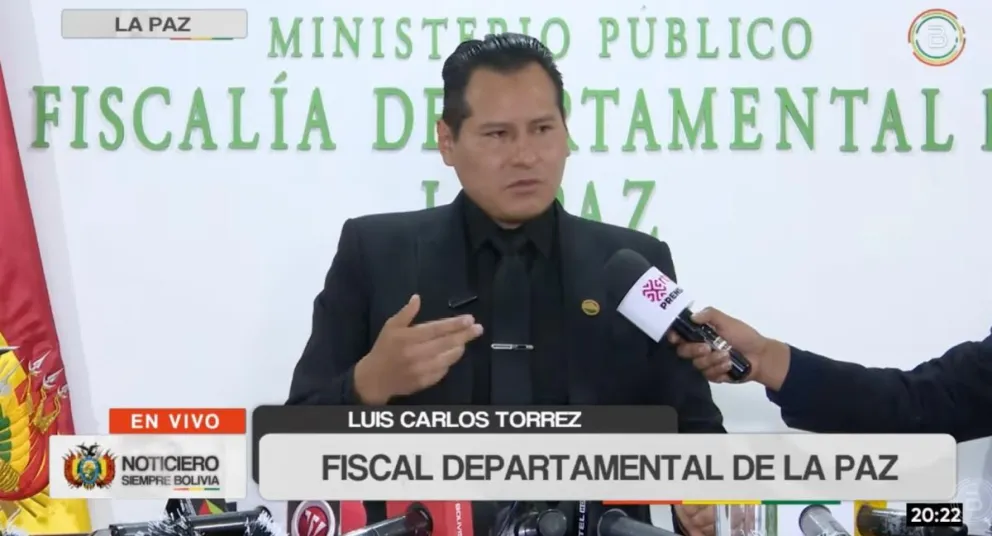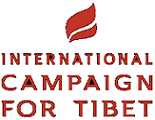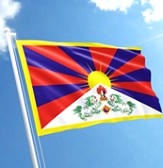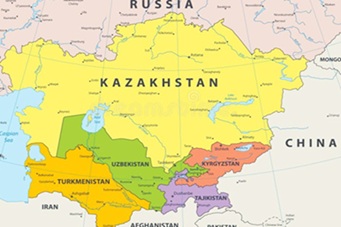
- Se había reportado que los agresores le habían cortado la lengua con un arma cortopunzante y lo habían amenazado explícitamente por su profesión tras cubrir un acto electoral en El Alto.
- El Gobierno condenó el ataque y afirmó que no quedará impune. No obstante, la Fiscalía descartó posteriormente la mutilación de la lengua al periodista F. Jesús Z.S. y lo tipificó como lesiones graves y robo agravado.
La Paz, Feb. 18 (DPnet).– El Ministerio Público de La Paz descartó oficialmente las versiones de secuestro, tortura y mutilación de lengua contra el periodista F. Jesús Z.S., un caso que generó conmoción nacional. La víctima fue secuestrada en la madrugada del pasado jueves en la ciudad de El Alto, la segunda más poblada de Bolivia.
Los principales gremios de prensa del país, la Asociación Nacional de Periodistas de Bolivia (ANPB) y la Confederación Sindical de Trabajadores de la Prensa de Bolivia (Cstpb), según lo denunciaron el pasado domingo, calificaron el hecho como un intento de asesinato premeditado para silenciar su labor informativa.
 No obstante, tras las investigaciones preliminares y la declaración de la propia víctima, el fiscal departamental, Luis Carlos Torrez, aclaró que el incidente no está vinculado a represalias por su labor informativa. Se trata de un hecho de inseguridad ciudadana tipificado como lesiones graves y robo agravado.
No obstante, tras las investigaciones preliminares y la declaración de la propia víctima, el fiscal departamental, Luis Carlos Torrez, aclaró que el incidente no está vinculado a represalias por su labor informativa. Se trata de un hecho de inseguridad ciudadana tipificado como lesiones graves y robo agravado.
- Hits: 42

 Not only because it would expose their false narrative that everything is fine in Tibet, a region they’ve occupied for decades—but also because it would draw attention to their abuse and torture of peaceful protestors held in China’s notorious political prison system. Some of whom are still missing.
Not only because it would expose their false narrative that everything is fine in Tibet, a region they’ve occupied for decades—but also because it would draw attention to their abuse and torture of peaceful protestors held in China’s notorious political prison system. Some of whom are still missing.
 Pastor Parviz knew the risk he was taking as he packed the Christian children’s books into his suitcase and prepared to return home to Tajikistan. But as a pastor and a parent, he also knew that no investment or sacrifice was too great to provide discipleship materials for the children in his small fellowship.
Pastor Parviz knew the risk he was taking as he packed the Christian children’s books into his suitcase and prepared to return home to Tajikistan. But as a pastor and a parent, he also knew that no investment or sacrifice was too great to provide discipleship materials for the children in his small fellowship.

 Defending Rights & Dissent joined representatives of civil society organizations from 21 North, South, and Central American countries in Bogota, Colombia, in November at the Intercontinental Summit on the Closing of Civic Space in the Americas, sponsored by Amnesty International. Defending Rights & Dissent Executive Director Sue Udry was one of three U.S. delegates invited to attend.
Defending Rights & Dissent joined representatives of civil society organizations from 21 North, South, and Central American countries in Bogota, Colombia, in November at the Intercontinental Summit on the Closing of Civic Space in the Americas, sponsored by Amnesty International. Defending Rights & Dissent Executive Director Sue Udry was one of three U.S. delegates invited to attend.